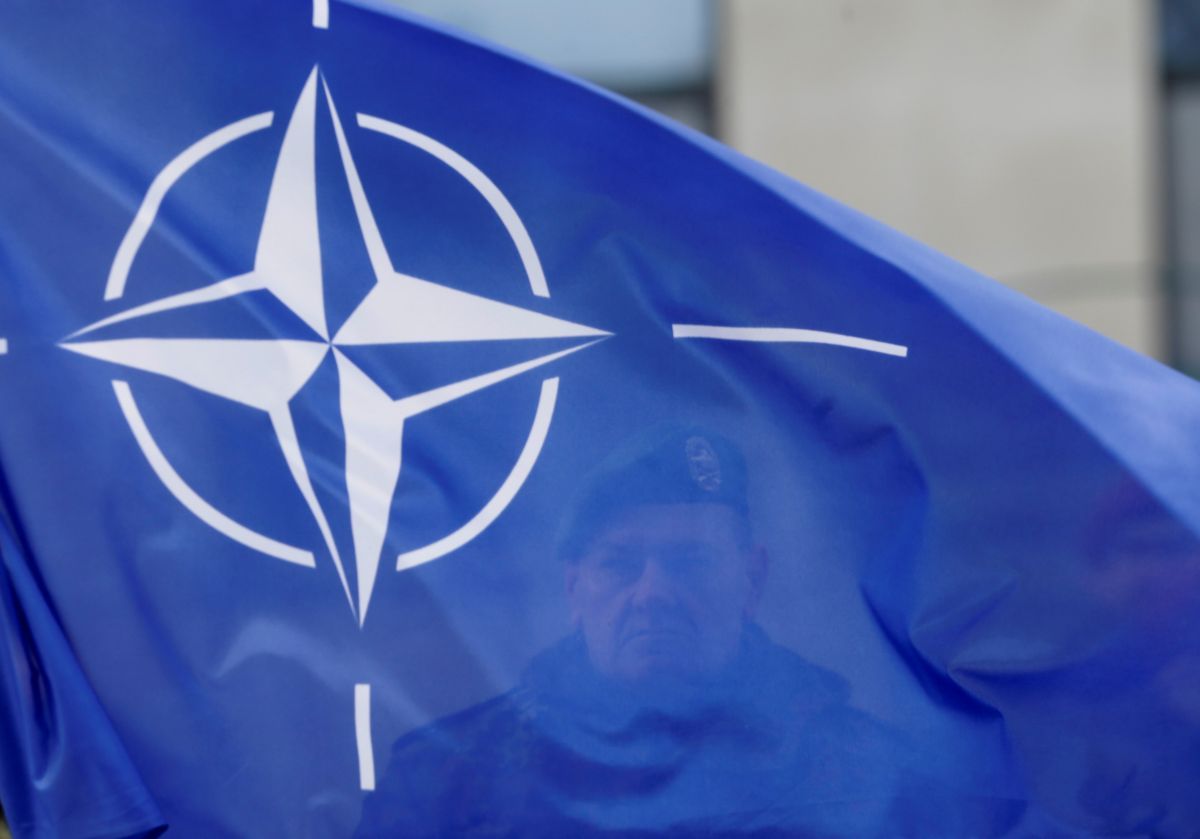
Around 780 deployments were made from European military bases last year in response to Russian aircraft, compared to just 410 in 2015, The Independent reported.
British planes have been scrambled in numerous operations involving the RAF, which has pilots in the Quick Reaction Alert force ready to launch 24-hours a day.
Incidents have seen Russian bomber planes approach the UK several times, including when Blackjack bombers spent more than five hours skirting British airspace in February.
Russian planes are not known to have violated international regulations or entered any EU nation's sovereign airspace, flying instead into "identification zones" in international airspace that are monitored for security.
A typical response sees fighter jets launched by the nearest country to visually identify the foreign aircraft and ascertain whether it is a threat, frequently flying alongside until the Russian plane breaks away and turns back.
A further 90 alerts were sparked by non-Russian planes in 2016, such as commercial flights that lost contact with air traffic control, according to officials at Ramstein Air Base in Germany, where the U.S. Air Forces in Europe are headquartered.
It brings the total number of deployments to 870 in the year, which saw NATO increase its air policing missions after noting a "steady increase in Russian military air activity."
Read alsoDeadliest U.S. jets join push to deter PutinOfficials at Ramstein told Germany's DPA news agency that the rising number of jets being scrambled was partly due to the Turkish Air Force stepping up its operations under NATO command and launching operations along the Syrian border.
Turkey shot down a Russian fighter jet after it crossed the boundary for 17 seconds during a bombing mission in 2015, although the Kremlin claimed it had not violated Turkish airspace.
NATO was among the bodies working to defuse tensions following the attack, which was the first time a member state had shot down a Russian or Soviet plane since 1952.
The number of Russian planes intercepted in Eastern Europe fell slightly last year, with the Lithuanian ministry of defense saying there were 110 deployments in 2016, compared to 160 the previous year.
However, the number is still more than double that seen before the Ukrainian conflict, which has driven worsening relations between Russia and the EU over the Kremlin's military intervention and annexation of Crimea.
The figures were revealed after Russian planes approached the Alaskan coast for four nights in a row this week, sparking two intercepts and two monitoring operations.

